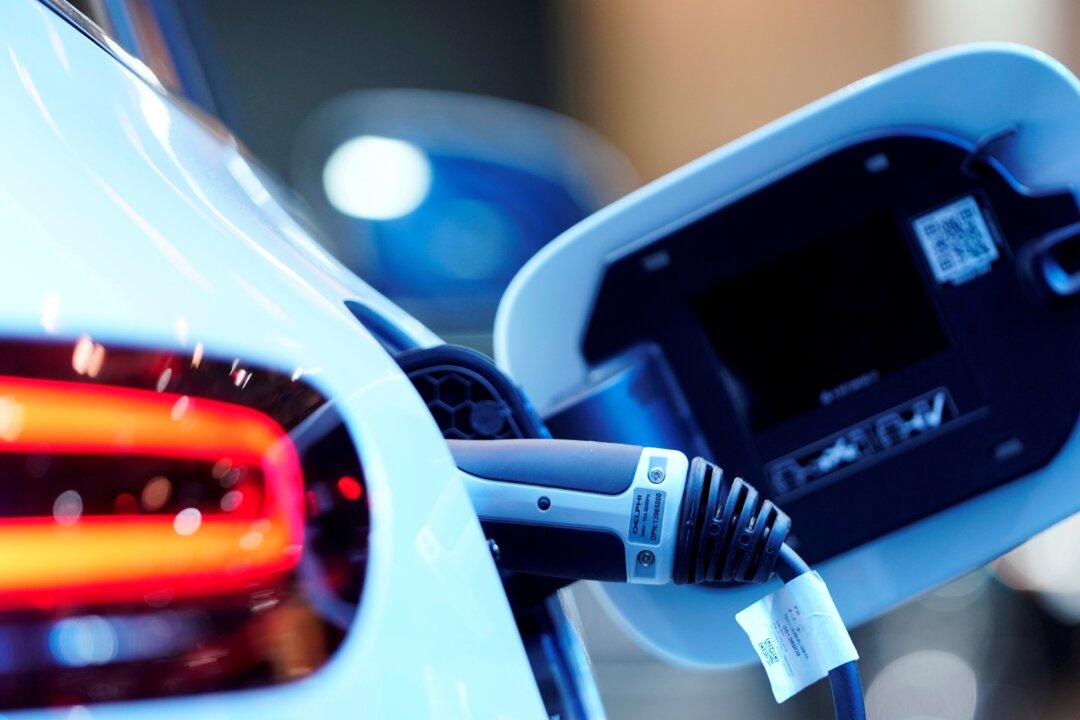The general public needs to receive “increased education” to quell broad concerns about electric vehicles (EV) if the government’s EV mandate over the next 12 years is to be met, says an in-house federal research report.
Titled “Canadians’ awareness, knowledge and attitudes related to zero emission vehicles” and published in February, the report included results of a survey conducted in September and October 2022 with over 3,450 Canadian adults participating, as first reported by Blacklock’s Reporter.





